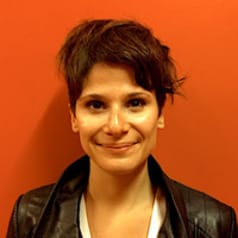
Opinion
How the sounds of ‘Succession’ shred the grandeur and respect the characters so desperately try to project
HBO’s “Succession” delivered its grand finale on May 28, 2023 – the climax of four award-packed seasons of searing put-downs, nihilistic humor and desperate power plays. The show tells the story of ailing media tycoon Logan Roy and his four horrid children who aim to inherit his empire. I loved

